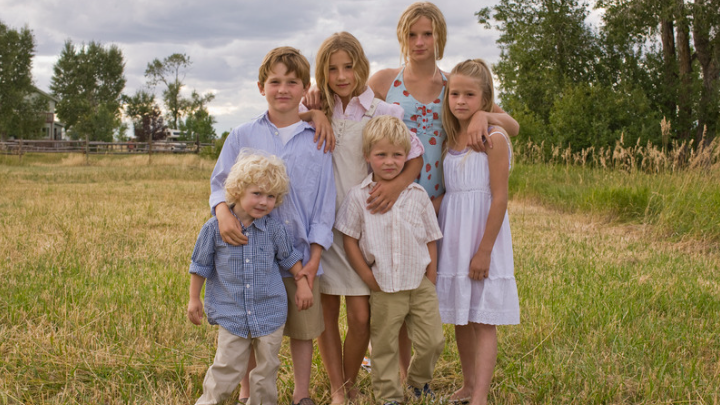Growing up with siblings can shape who we are and how we relate to others. In this article, I’ll explore five distinct types of 5 types of sibling relationships that many of us can relate to. From the competitive rivals always vying for the top spot to the supportive best friends who have each other’s backs, sibling dynamics are as diverse as they are intriguing.
Whether you’re the responsible older sibling guiding your younger brothers and sisters or the free-spirited middle child seeking your place in the family, each role brings its own set of challenges and joys. Understanding these different sibling relationship types can offer insights into our own behaviors and interactions within our families. Let’s delve into the complexities of sibling dynamics and discover the unique bonds that shape our lives.
5 Types of Sibling Relationships
 Exploring the intricate web of 5 types of sibling relationships reveals varied dynamics that impact our lives significantly. From competitive rivals to supportive confidants, sibling interactions shape our personalities and social skills in profound ways, influencing how we relate to others. Understanding these diverse relationship types provides invaluable insights into our behaviors and family dynamics, shedding light on the unique bonds that define our lives. As we unravel the complexities of 5 types of sibling relationships and the roles each member plays, we uncover a rich tapestry of connections that contribute to our growth and development.
Exploring the intricate web of 5 types of sibling relationships reveals varied dynamics that impact our lives significantly. From competitive rivals to supportive confidants, sibling interactions shape our personalities and social skills in profound ways, influencing how we relate to others. Understanding these diverse relationship types provides invaluable insights into our behaviors and family dynamics, shedding light on the unique bonds that define our lives. As we unravel the complexities of 5 types of sibling relationships and the roles each member plays, we uncover a rich tapestry of connections that contribute to our growth and development.
Types of Sibling Relationships
The Confidant Relationship
In the confidant relationship, 5 types of sibling relationships often share a deep bond built on trust and mutual understanding. We confide in each other, sharing our deepest thoughts and feelings without fear of judgment. It’s a special connection where I feel heard and supported, knowing that my sibling is there to offer guidance and comfort whenever I need it.
The Role Model Relationship
 In the role model relationship, one of 5 types of sibling relationships often looks up to the other as a source of inspiration and guidance. I find myself emulating their behaviors and decisions, learning from their successes and mistakes. They serve as a beacon of motivation, pushing me to strive for excellence and be the best version of myself.
In the role model relationship, one of 5 types of sibling relationships often looks up to the other as a source of inspiration and guidance. I find myself emulating their behaviors and decisions, learning from their successes and mistakes. They serve as a beacon of motivation, pushing me to strive for excellence and be the best version of myself.
The casual relationship with 5 types of sibling relationships is characterized by a laid-back and easy-going dynamic. We enjoy each other’s company and have a relaxed bond, where we can have fun and be ourselves without any pressure. It’s like having a built-in friend who I can hang out with, share laughs, and create lasting memories with.
The Rivalry Relationship
In the rivalry relationship, competition between 5 types of sibling relationships is common, driving us to excel and achieve more. While it can be intense at times, this rivalry fuels our ambition and pushes us to reach our full potential. I see it as a healthy challenge that motivates me to constantly improve and strive for success.
The Estranged Relationship
 The estranged relationship is marked by distance and detachment between 5 types of sibling relationships, often due to unresolved conflicts or differences. It’s a complex dynamic where I might feel a sense of loss or longing for a closer connection with my sibling. Despite the distance, I cherish the memories we shared and hope for reconciliation and renewed bond in the future.
The estranged relationship is marked by distance and detachment between 5 types of sibling relationships, often due to unresolved conflicts or differences. It’s a complex dynamic where I might feel a sense of loss or longing for a closer connection with my sibling. Despite the distance, I cherish the memories we shared and hope for reconciliation and renewed bond in the future.
Understanding the diverse types of 5 types of sibling relationships sheds light on the complexities within families. From being a confidant to engaging in healthy competition, each dynamic plays a crucial role in shaping individuals’ lives. These relationships offer valuable insights into personal growth and the impact of familial connections. Embracing the uniqueness of each sibling relationship can lead to deeper understanding and appreciation of the bonds that influence our behaviors and interactions.

